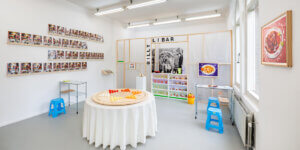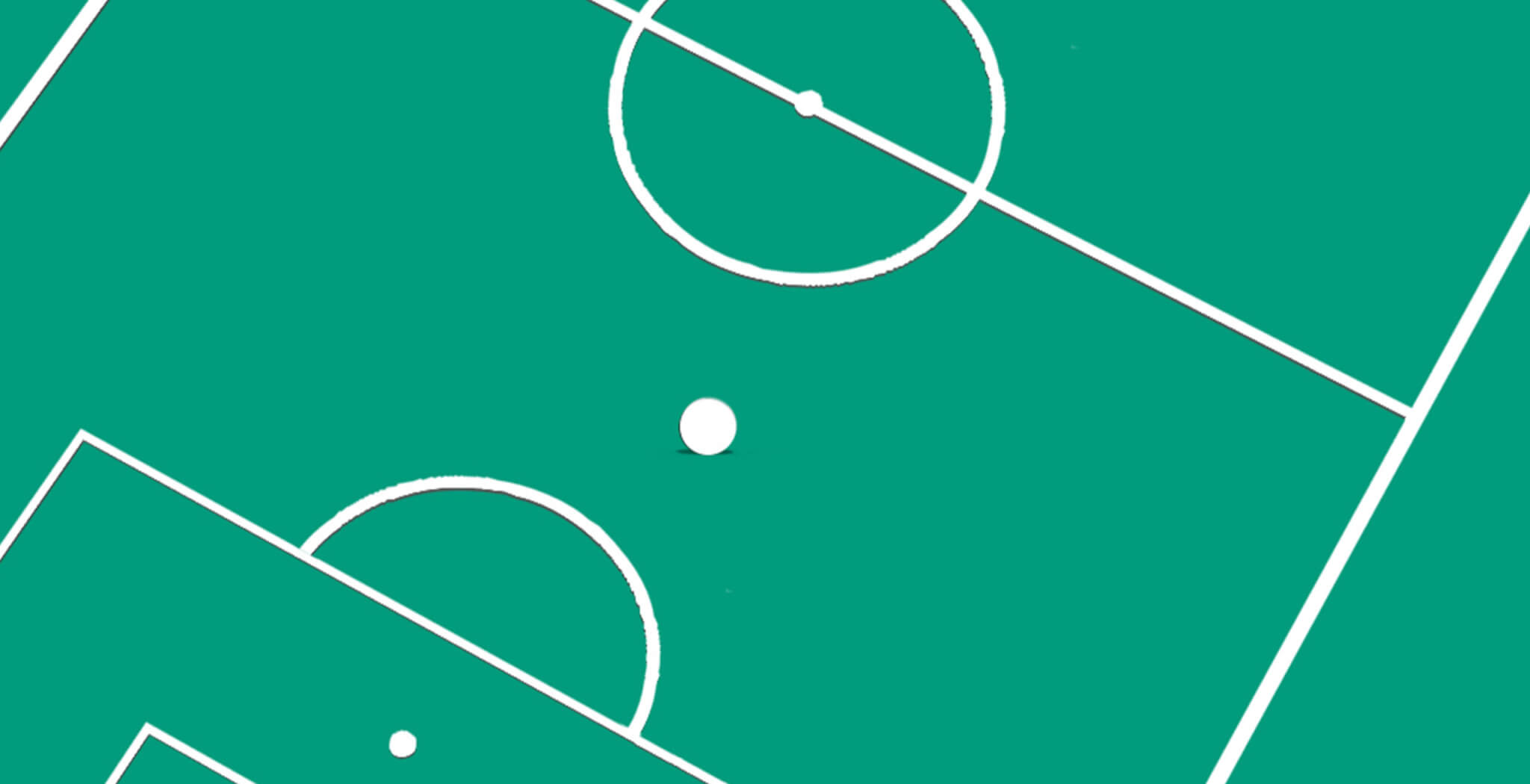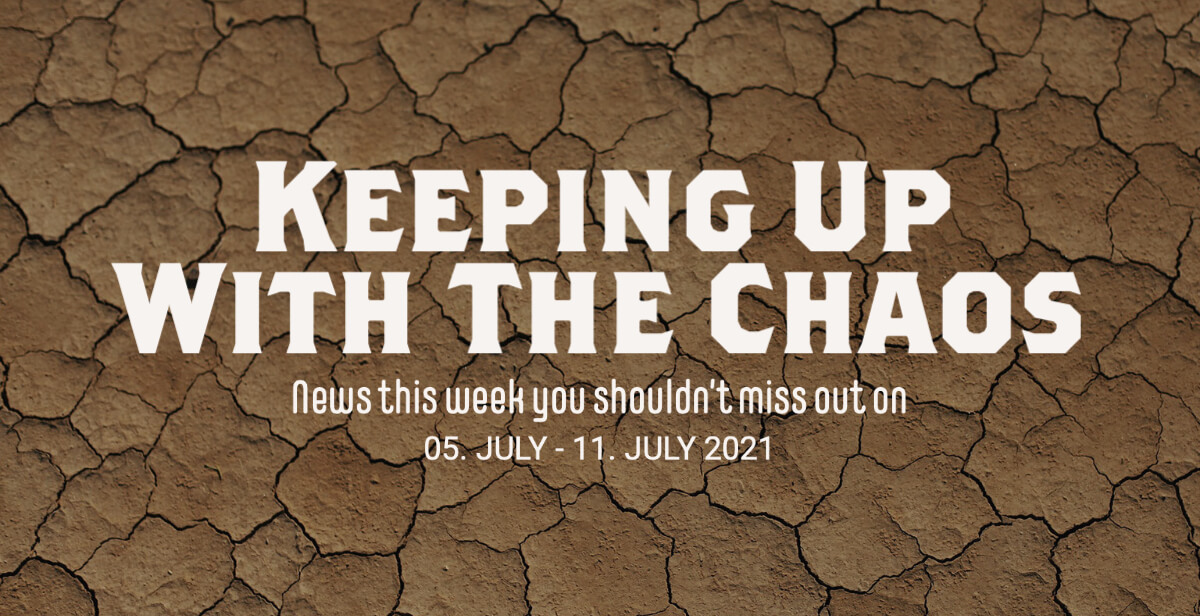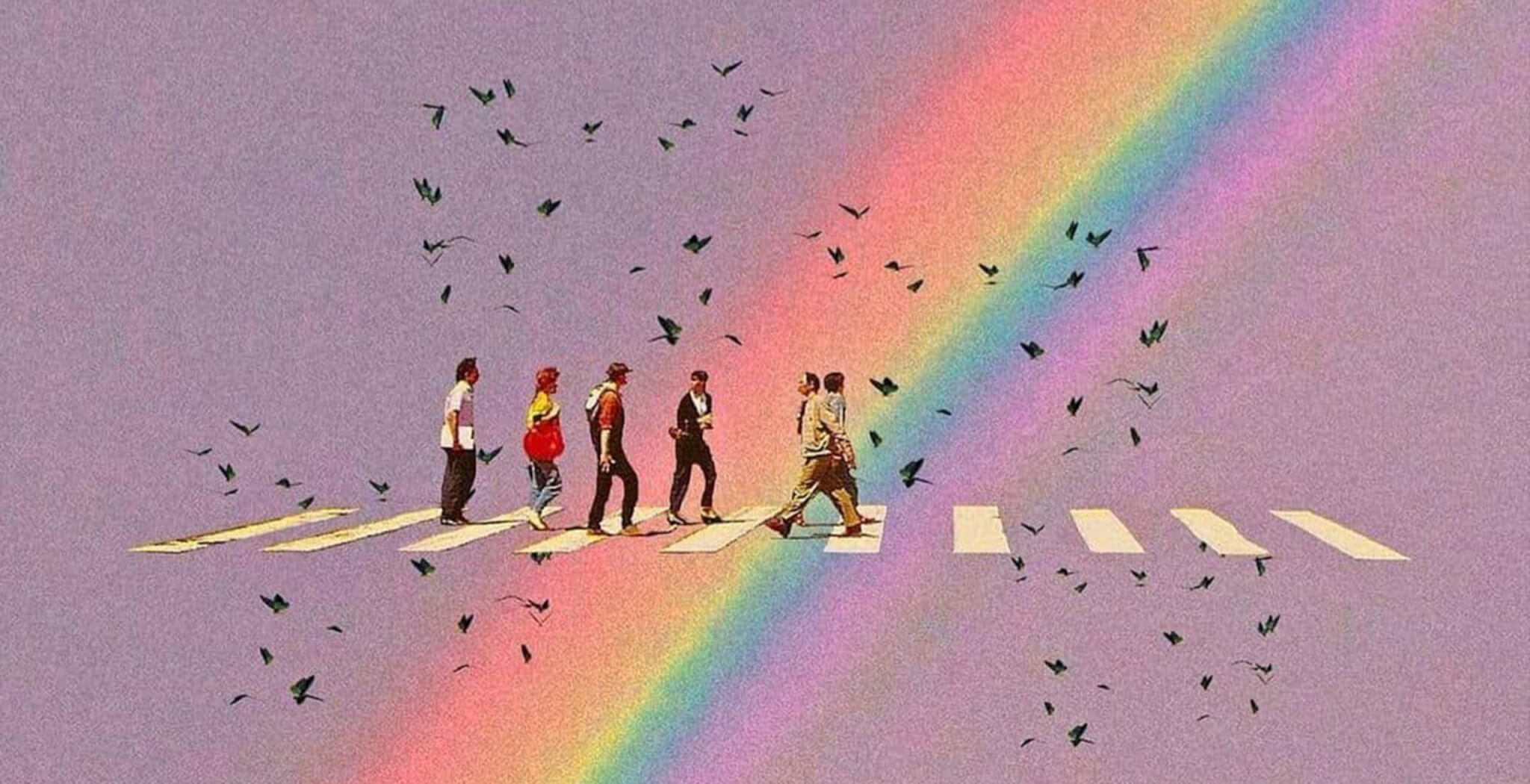A few weeks ago, I came across an old ad, possibly from the 50s or 60s, featuring a woman cooking in a pristine kitchen, donning an apron to keep her dress clean while preparing supper. Children happily surrounded her, seeking her attention, which she gently redirected as the father arrived home from work. He greeted the children with a kiss while wearing a hat and coat, and they all enjoyed a contented meal together.
Do advertisements mirror reality or do they shape society?
The “Mom” portrayal in that ad struck me. She effortlessly juggled cooking, cleaning, and caring for the children, all while radiating beauty. My thoughts wandered through the streets of my hometown like a wandering spirit. There are already girls/women my age who have children, appearing happy and undoubtedly excelling as mothers. I revisited my own memories and pictured my mother combing and braiding my long hair, sharing stories with me. At 19, I still feel like a child myself: consuming excessive amounts of coffee, neglecting sleep, and spending my time daydreaming and writing for minimal compensation or purely for the joy of it. It’s fascinating how life diverges for people after finishing school. Until a significant turning point, we all seem to follow a similar path of studying, learning, transitioning out of the confusing phase of puberty, exploring romance, indulging in laughter and drinks. Life feels liberatingly reckless (for those fortunate enough) yet burdened with an existential need to suffer because the world is flawed, and we are young. Some may stray from the path, losing their way and discovering new routes that ultimately lead to the same significant juncture: turning 18 and abruptly feeling overwhelmed by the freedom to pursue anything one desires due to adulthood. Then, countless paths branch out from there, which I have only recently come to comprehend in hindsight. Suddenly, there are fewer companions alongside you; you notice them treading on different paths, accompanied by new friends, venturing into the realm of business, and experiencing the torment and blessing of the job market. After all, what else can we do but fulfill our manufactured human desires?
To your right, you spot an individual cradling a baby, their gaze fixated upon the infant as if holding the world’s most precious treasure. In that moment, you contemplate what your life might have been had you taken a different path. Where would you be without Covid-19? What if you hadn’t attended university? What would your occupation be? What if you had chosen your boyfriend’s best friend instead? What if you had never cut your long brown hair at the age of 15? Countless scenarios play out in your mind, only to realize that things are just as they should be. If you’re discontent with your path, you have the power to change it. I’m in awe of mothers (and women in general) and fathers; they possess incredible strength and often serve as guiding stars in their children’s worlds.
So, do you become a parent, or must you be born as one? I’m uncertain. From my observations, it appears to be an inherent quality. Witnessing someone you’ve known your entire life transform from an irresponsible, fun-loving partygoer into someone who can’t be seen without a stroller, carrying a diaper bag and scheduling appointments for their partner at the gynecologist, makes you rest your head in your hand, wondering how you ever perceived them as irresponsible in the first place.
You realize that people change, and at the age of 16, in your eternal wisdom, you didn’t truly understand the world—an acknowledgment that frustrates you too much to voice aloud. Your focus was solely on your own path, neglecting to explore the alternative options available because they were not meant for you.
Society is a complex web, and the human brain often struggles to comprehend its intricacies and structures. Very few individuals can truly grasp the concept of parenthood until they find themselves in that role. Of course, there are exceptions; one can only imagine what a fantastic mother Mary Poppins would be. But who am I to pass judgment or make assumptions?
The metaphor of life’s paths was perhaps nothing more than a whimsical illusion, conjured by the surge of caffeine flowing through my veins. The image is already fading, crumbling like a sandcastle washed away by the sea.
Overall, ads have the power to influence and shape our perceptions, blurring the line between reality and the idealized versions depicted. Yet, amidst the contemplation and reflection, I find solace in accepting that life unfolds as it should, and if dissatisfied, we have the agency to forge a new path.
Illustration by Alesa Designs & Illustrations



























